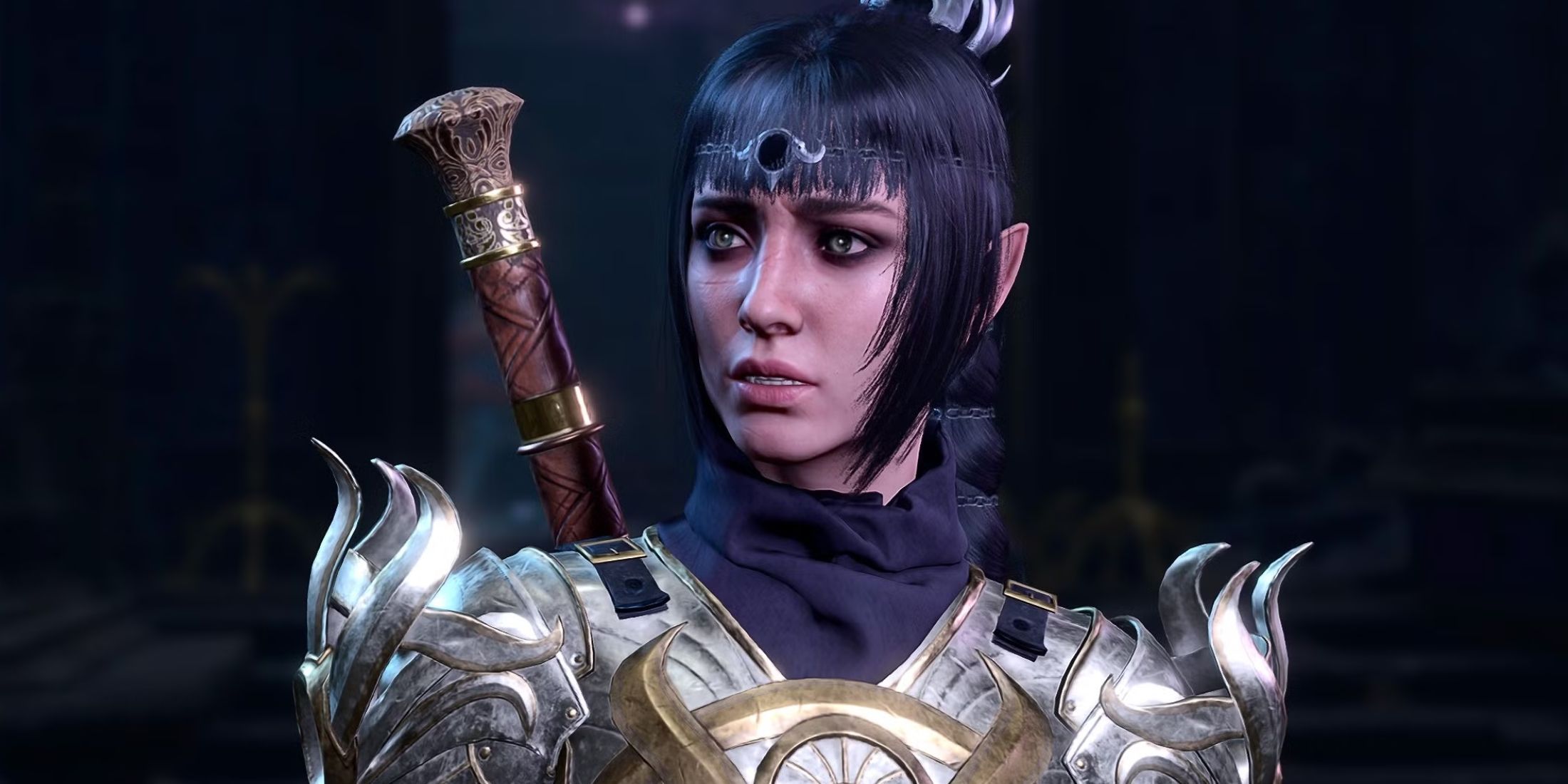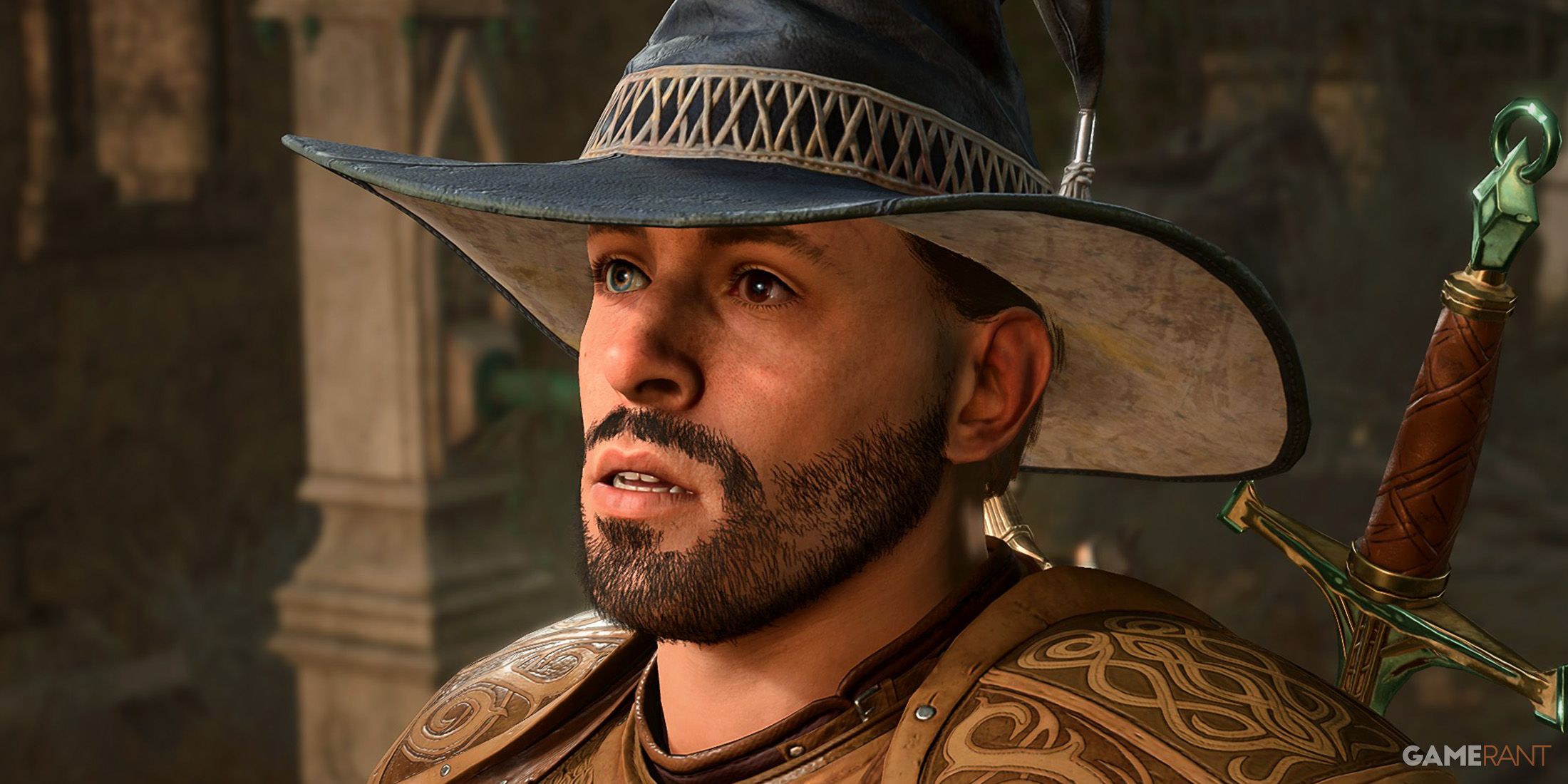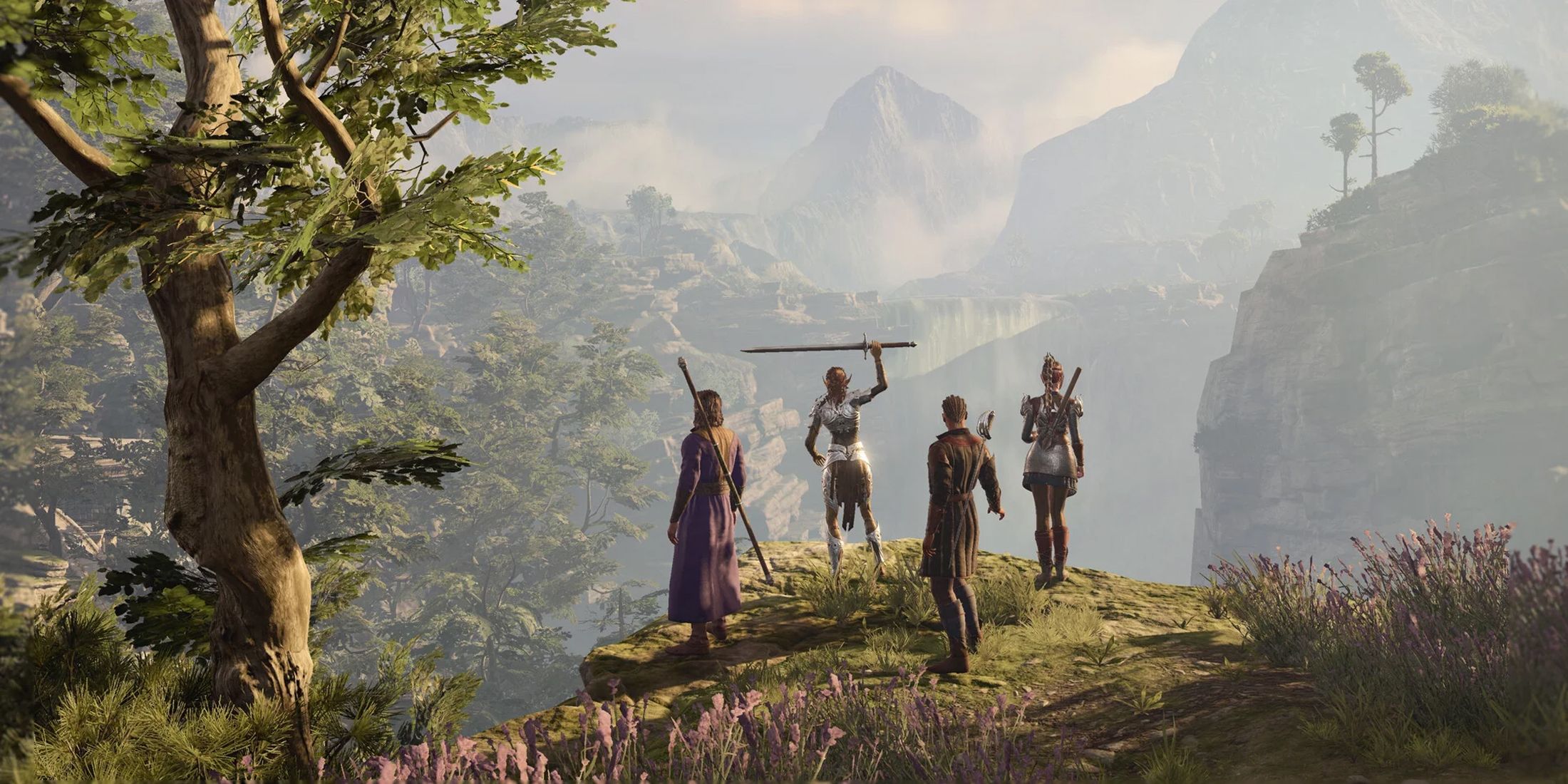Wizards of the Coast Confirms a New D&D Game and Addresses the Future of Baldur’s Gate 4
Popular Now
 Garena Free Fire: Kalahari
Garena Free Fire: Kalahari
 Call of Duty
Call of Duty
 Roblox
Roblox
 Valorant
Valorant
 Geometry Dash
Geometry Dash
 Toca Boca World
Toca Boca World
 PUBG Mobile
PUBG Mobile
 Minecraft
Minecraft
 Candy Crush Saga
Candy Crush Saga
 The Legend of Zelda
The Legend of Zelda  Following the monumental, industry-defining success of Baldur’s Gate 3, the future of the Dungeons & Dragons video game franchise has been a subject of intense speculation. With Larian Studios, the developers behind the critically acclaimed CRPG, confirming they would not be creating a sequel, the question of “what’s next?” has loomed large. Recent comments from Wizards of the Coast President John Hight have provided crucial clarity, not only confirming that a new D&D game is in development with a brand-new studio, Giant Skull, but also directly addressing the widespread rumors of Baldur’s Gate 4. This news offers a comprehensive look at Wizards of the Coast’s strategy for the D&D IP, revealing a multi-pronged approach to digital entertainment that goes far beyond a single, direct sequel.
Following the monumental, industry-defining success of Baldur’s Gate 3, the future of the Dungeons & Dragons video game franchise has been a subject of intense speculation. With Larian Studios, the developers behind the critically acclaimed CRPG, confirming they would not be creating a sequel, the question of “what’s next?” has loomed large. Recent comments from Wizards of the Coast President John Hight have provided crucial clarity, not only confirming that a new D&D game is in development with a brand-new studio, Giant Skull, but also directly addressing the widespread rumors of Baldur’s Gate 4. This news offers a comprehensive look at Wizards of the Coast’s strategy for the D&D IP, revealing a multi-pronged approach to digital entertainment that goes far beyond a single, direct sequel.
 Giant Skull’s D&D Game: A New Direction
Giant Skull’s D&D Game: A New Direction
The collaboration with Giant Skull, a new studio led by industry veteran Stig Asmussen, the director of God of War III and the Star Wars Jedi series, is a significant announcement. Hight has made it clear that this project is not the successor to Baldur’s Gate 3. Instead, it is being developed as a single-player action-adventure title, a stark departure from the turn-based, party-based CRPG genre that Larian Studios perfected. This strategic pivot signals Wizards of the Coast’s intent to broaden the appeal of the D&D universe to a wider audience, specifically those who are fans of third-person melee combat and a more direct, action-oriented experience. Asmussen’s impressive resume in this genre makes Giant Skull a highly credible choice for this ambitious project.
The game will be built using Unreal Engine 5, providing the development team with a “clean slate” to create a new, immersive Dungeons & Dragons world. This approach, as stated by Asmussen, will allow the team to leverage their expertise in crafting compelling narrative and fluid combat systems to tell a unique story within the D&D lore. The project is designed to appeal to both seasoned D&D players and those new to the franchise, with a focus on immersive storytelling and heroic combat that can stand on its own. This new title is a clear indication that Wizards of the Coast is not trying to simply replicate the success of Baldur’s Gate 3, but rather to diversify its portfolio of D&D video games and explore the vast potential of the tabletop RPG’s different subgenres.
The Inevitable: Baldur’s Gate 4 Rumors
In the same interview that shed light on Giant Skull’s game, John Hight was forthright about the future of the Baldur’s Gate series. When asked about a potential sequel, he stated, “of course, we’re going to do a successor.” This confirmation, while not a formal announcement of Baldur’s Gate 4 with a developer or release window, is the strongest signal yet that the franchise will continue. It’s a pragmatic and almost expected move, given that Baldur’s Gate 3 has been a commercial and critical juggernaut, generating billions in revenue and catapulting the D&D brand to unprecedented heights in the digital space. The financial incentive alone is enough to ensure that a fourth installment will eventually materialize.
However, Hight’s comments also underscore the immense challenge of finding the right developer to follow Larian’s act. Larian Studios’ CEO, Swen Vincke, has been transparent about the studio’s decision to move on to new projects, stating that they want to “do big, new things” and not “rehash” what they’ve already accomplished. This leaves a significant void for Wizards of the Coast to fill. The company has stated that they will “take our time and find the right partner” for the sequel. This cautious approach is prudent. The next Baldur’s Gate title will be judged against the near-perfect standard set by its predecessor, and any studio that takes on this task will be under incredible pressure. The game will likely take years to develop, with some analysts speculating that a release before the end of the decade is unlikely. The search for a developer who can meet the high expectations of a global fanbase and deliver a CRPG of similar quality and depth is a daunting, but necessary, endeavor for Wizards of the Coast.
 The Broader D&D Digital Strategy
The Broader D&D Digital Strategy
The Giant Skull announcement and the discussion around Baldur’s Gate 4 are part of a larger, more ambitious digital strategy for Dungeons & Dragons. Wizards of the Coast, under the umbrella of Hasbro, is looking to become a major publisher of premium video games, moving beyond just licensing their IP. They have several other projects in the pipeline with various studios, including an action-adventure game with a focus on magic being developed by Invoke Studios and a suspense/horror title from Skeleton Key. The company’s plan is to leverage Unreal Engine 5 as a standardized platform across its projects, allowing for a more streamlined development process and a cohesive visual identity, while still allowing for diverse gameplay experiences.
This multi-studio approach suggests that we may see D&D games in a variety of genres, from action-adventure and horror to, eventually, another CRPG. The aim is to create a constant stream of high-quality content that keeps the brand relevant and exciting in the digital realm. The success of Baldur’s Gate 3 has proven that there is a massive market for D&D-themed games, and Wizards of the Coast is now capitalizing on that momentum. By partnering with both established veterans and up-and-coming talent, the company is making “bets” on different creative visions to see what sticks. This strategy is an acknowledgment that a single game, no matter how successful, is not enough to sustain the digital future of Dungeons & Dragons. The future looks bright for fans, with more games and diverse genres on the horizon than ever before.
Final Analysis: An Era of Expansion for D&D Gaming
The recent statements from Wizards of the Coast are more than just a passing news blurb; they signify a major shift in the company’s approach to its most valuable IP. The era of long waits between single, monumental releases may be coming to an end. Instead, we are entering a new phase of strategic development where the D&D universe will be explored through a variety of lenses and gameplay styles. The Giant Skull game promises a fast-paced, action-packed adventure, while the confirmation of a future Baldur’s Gate successor ensures that the legacy of deep, narrative-rich CRPGs will continue. This twin-track approach is savvy, as it manages to both satisfy a craving for new D&D content and provide a runway for a project that will undoubtedly take a considerable amount of time to get right. As the video game industry continues to evolve, Wizards of the Coast is making a concerted effort to ensure that Dungeons & Dragons remains a dominant force in the digital space, not just a nostalgic brand tied to a single, successful title. For players, this means a future filled with more adventures, more stories, and more ways to experience the iconic world of Dungeons & Dragons.










 Giant Skull’s D&D Game: A New Direction
Giant Skull’s D&D Game: A New Direction The Broader D&D Digital Strategy
The Broader D&D Digital Strategy